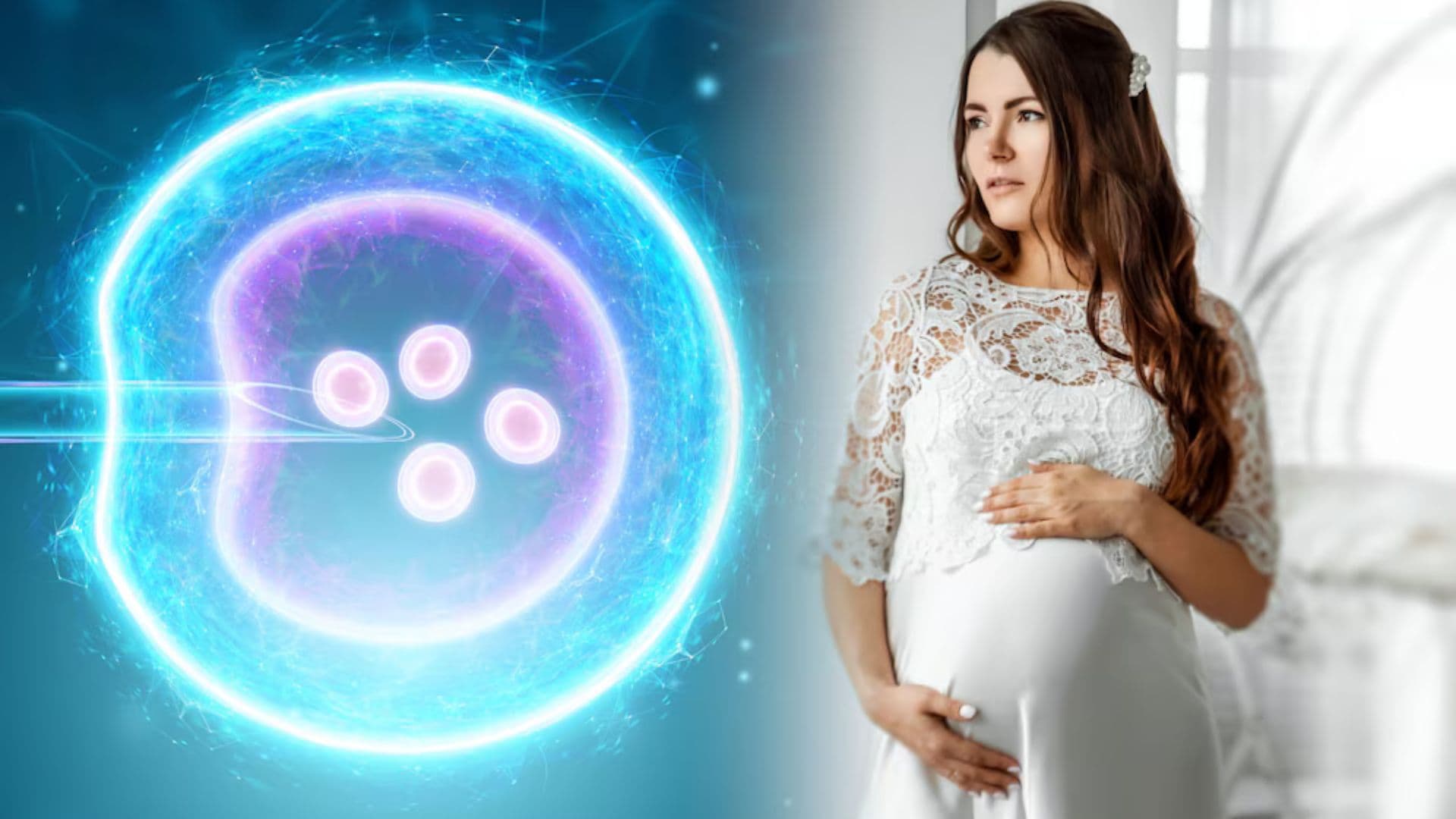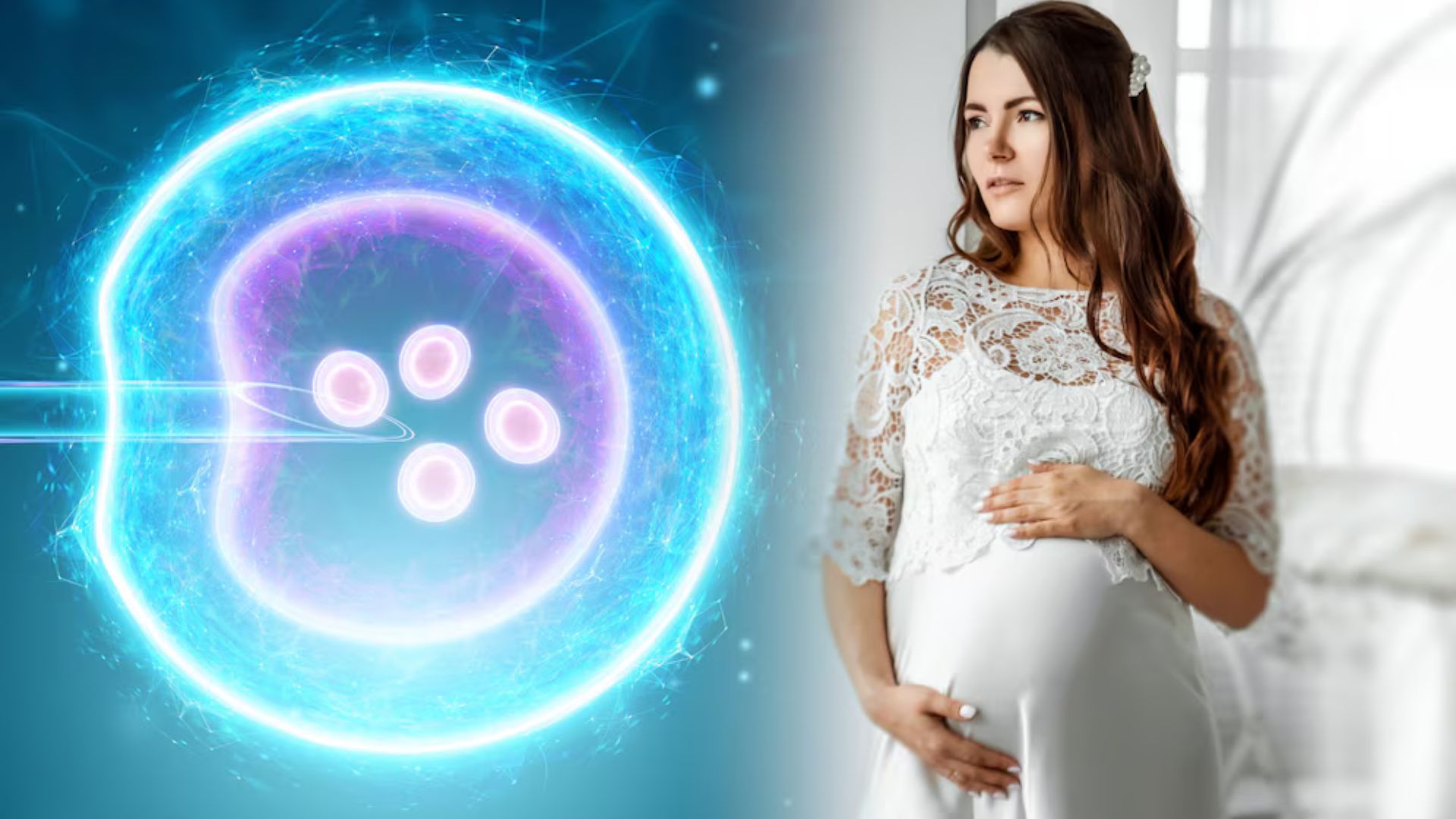
Can IVF Increase Chances of Pregnancy After Multiple Miscarriages?
Recurrent miscarriages, also called recurrent pregnancy loss (RPL), can be emotionally devastating for couples who are trying to start or grow their families. If you've experienced two or more miscarriages in a row, you're not alone—and more importantly, you're not without hope.
One of the most promising solutions available today is In Vitro Fertilisation (IVF). But the big question remains:
Can IVF increase your chances of a successful pregnancy after multiple miscarriages?
The answer is yes—under the right circumstances, IVF can significantly improve outcomes. In this blog, we’ll explore how IVF helps in cases of recurrent miscarriage, when it's recommended, and what you can expect during the process.
What Is Recurrent Miscarriage?
Recurrent miscarriage, also known as recurrent pregnancy loss (RPL), is a deeply distressing condition in which a woman experiences two or more consecutive pregnancy losses, usually before the 20th week of gestation. While a single miscarriage is relatively common, repeated losses often point to an underlying issue that needs medical attention and personalised care.
Each miscarriage takes a significant emotional toll, and for many couples, the fear of another loss overshadows the hope of starting a family. Understanding the potential causes is the first step toward finding a solution.
Common Causes of Recurrent Miscarriages:
-
Genetic Abnormalities
Sometimes, one or both partners may carry chromosomal defects that get passed on to the embryo, making it incompatible with life. -
Hormonal Imbalances
Conditions like polycystic ovary syndrome (PCOS) or thyroid dysfunction can interfere with ovulation, implantation, or the ability to sustain a pregnancy. -
Uterine Abnormalities
Structural issues like fibroids, a septate uterus, or scar tissue inside the uterus can prevent a fertilised egg from implanting properly or cause early pregnancy loss. -
Blood Clotting Disorders
Autoimmune conditions such as antiphospholipid syndrome (APS) can cause abnormal clotting, reducing blood flow to the placenta and resulting in miscarriage. -
Immune System Dysfunction
Sometimes, the mother’s immune system may mistakenly attack the embryo, treating it as a foreign body and preventing it from developing. -
Advanced Maternal Age
Women above the age of 35 face a higher risk of miscarriage due to age-related decline in egg quality and chromosomal abnormalities. -
Unexplained Causes
In nearly 40–50% of cases, no clear cause is found despite extensive testing. This can be frustrating, but many couples in this category still go on to have successful pregnancies with the right treatment and support.

How IVF Helps in Cases of Recurrent Miscarriage
1. Preimplantation Genetic Testing (PGT)
One of the key advantages of IVF is the ability to test embryos before implantation. PGT-A (Preimplantation Genetic Testing for Aneuploidies) screens embryos for chromosomal abnormalities that can lead to miscarriage.
Benefit: Ensures only healthy embryos are transferred, which can reduce miscarriage risk and increase the chances of a successful pregnancy.
2. Embryo Selection and Freezing
With IVF, multiple embryos can be created, and only the best-quality ones are selected for transfer. Any additional healthy embryos can be frozen for future use.
Benefit: Higher chances of success per cycle, and the option to try again without repeated egg retrievals.
3. Customised Hormonal Support
In IVF, doctors can monitor your hormonal levels precisely and give progesterone or estrogen supplements if required to support early pregnancy.
Benefit: Helps maintain the uterine lining and reduces the chance of miscarriage due to hormonal imbalance.
4. Uterine Evaluation and Correction
Before IVF, fertility specialists often conduct a thorough evaluation of the uterus using hysteroscopy or saline sonography. Any abnormalities (like fibroids, septum, or polyps) can be corrected.
Benefit: Improves implantation rates and lowers the risk of miscarriage from uterine issues.
5. ICSI for Male Factor & Genetic Conditions
In cases where the male partner may have sperm-related genetic abnormalities or low motility, Intracytoplasmic Sperm Injection (ICSI) is used with IVF.
Benefit: Reduces the risk of passing on genetic defects that could lead to miscarriage.
Read Also: Miscarriage and Pregnancy Loss
IVF Success Rates After Recurrent Miscarriages
The success of IVF after recurrent miscarriages isn’t just about numbers—it’s about renewed hope for couples who’ve faced repeated loss. While outcomes can vary based on age, embryo quality, and the underlying cause of miscarriage, modern advancements in IVF have significantly improved the odds of a healthy pregnancy.
Here’s what the research and clinical experience suggest:
-
Women under 35 using embryos tested with PGT (Preimplantation Genetic Testing) can experience success rates as high as 60–70% per IVF cycle. By selecting chromosomally normal embryos, the chances of implantation and a full-term pregnancy rise dramatically.
-
In cases of unexplained recurrent miscarriage, IVF combined with PGT has been shown to reduce the risk of another miscarriage by up to 80%, offering clarity and a more controlled approach when other treatments haven’t worked.
-
When IVF is paired with hormonal support and immune-modulating therapies, it can significantly enhance both implantation rates and live birth rates, even for couples who’ve endured multiple pregnancy losses in the past.
In short, IVF doesn’t just help couples conceive, it can offer a pathway to carry a pregnancy to full term after heartbreak and uncertainty.
When Is IVF Recommended After Miscarriages?
If you've experienced the heartbreak of losing a pregnancy more than once, it's natural to wonder when it's time to consider assisted reproductive options like IVF. In many cases, IVF isn’t just a fertility treatment—it’s a carefully tailored solution that offers both hope and control after repeated loss.
IVF may be recommended in the following situations:
-
Two or More Consecutive Miscarriages
Recurrent pregnancy loss often signals the need for advanced reproductive testing and intervention. IVF can help by identifying healthy embryos and supporting successful implantation. -
Unexplained Pregnancy Loss with Normal Test Results
When all lab work comes back normal but miscarriages still occur, IVF with genetic testing (like PGT) can reduce the risk of unknown chromosomal issues. -
Advanced Maternal Age (35 and above)
As egg quality declines with age, IVF allows for better selection of viable embryos, increasing the chances of a healthy pregnancy. -
Known Chromosomal Abnormalities in Either Partner
Couples with balanced translocations or other genetic issues may benefit from IVF with PGT to ensure only chromosomally normal embryos are transferred. -
Failed IUI (Intrauterine Insemination) Attempts
If multiple IUI cycles have not led to a viable pregnancy, IVF may offer a more precise and effective approach. -
Male Factor Infertility Alongside Pregnancy Loss
IVF with ICSI (Intracytoplasmic Sperm Injection) can help overcome poor sperm quality or count, especially when miscarriage has occurred in earlier attempts to conceive.
Additional Treatments Combined with IVF After Recurrent Miscarriages
When it comes to overcoming recurrent pregnancy loss, IVF is rarely a one-size-fits-all solution. To improve the chances of a successful pregnancy, fertility specialists often recommend a combination of IVF and supportive treatments, tailored to the individual’s specific health needs.
Here are some common therapies that may be used alongside IVF:
-
Blood Thinners (Heparin or Low-Dose Aspirin)
For women with clotting disorders like antiphospholipid syndrome, these medications improve blood flow to the uterus and reduce the risk of miscarriage. -
Immunotherapy (e.g., IVIG, Steroids)
If immune system dysfunction is suspected, therapies like intravenous immunoglobulin (IVIG) or corticosteroids may help the body accept and support the pregnancy. -
Thyroid Management
Even a mild case of hypothyroidism can impact pregnancy. Proper thyroid hormone replacement therapy is crucial for maintaining hormonal balance and supporting fetal development. -
Lifestyle Modifications
Adopting a healthier lifestyle—such as losing excess weight, quitting smoking, limiting alcohol, and reducing stress—can significantly improve IVF success and overall reproductive health.
These supportive treatments, when used in conjunction with IVF, address underlying issues that may be contributing to repeated losses, helping to create a more nurturing environment for embryo implantation and fetal growth.
Real-Life Hope: IVF Success After Miscarriage
At Neelkanth IVF Hospital, Gurgaon, under the guidance of Dr. Bindu Garg, hundreds of couples have conceived successfully after struggling with repeated miscarriages.
“We had three miscarriages over four years. Every time we got pregnant, we lost hope soon after. Dr. Bindu Garg not only gave us the right IVF treatment but also helped us heal emotionally. Today, we are parents to a healthy baby girl, thanks to her.”
– Sneha & Rakesh, Gurgaon
Read Also: Why Choose IVF Over Other Treatments?
What to Expect During IVF for Recurrent Miscarriage
Here’s how the process usually goes:
-
Consultation & Diagnosis
Detailed history, genetic screening, blood tests, and ultrasound. -
Ovulation Induction
Hormonal injections to stimulate multiple eggs. -
Egg Retrieval & Fertilisation
Eggs collected and fertilised using ICSI, if needed. -
Embryo Testing (PGT)
Optional but highly recommended for miscarriage cases. -
Embryo Transfer
One or two healthy embryos are transferred to the uterus. -
Pregnancy Support & Monitoring
Hormonal support, regular scans, and early pregnancy care.
Tips to Improve IVF Success After Miscarriage
-
Manage stress: Emotional health is just as important.
-
Maintain a healthy weight: Obesity can affect egg quality and hormone balance.
-
Quit smoking and alcohol: These harm fertility.
-
Take prescribed supplements: Folic acid, Vitamin D, and others as advised.
Final Thoughts
Yes, IVF can significantly increase your chances of a successful pregnancy after recurrent miscarriages, especially when combined with modern genetic screening and individualised care.
If you or your partner has experienced multiple pregnancy losses, it’s time to consult a fertility expert who can help uncover the root cause and offer the right treatment plan.
At Neelkanth IVF Hospital, Gurgaon, Dr. Bindu Garg and her team specialise in managing complex infertility cases, including recurrent miscarriage, with compassion and clinical excellence.
Content Created By:

CyberBizz Technologies
Team - Content Curator